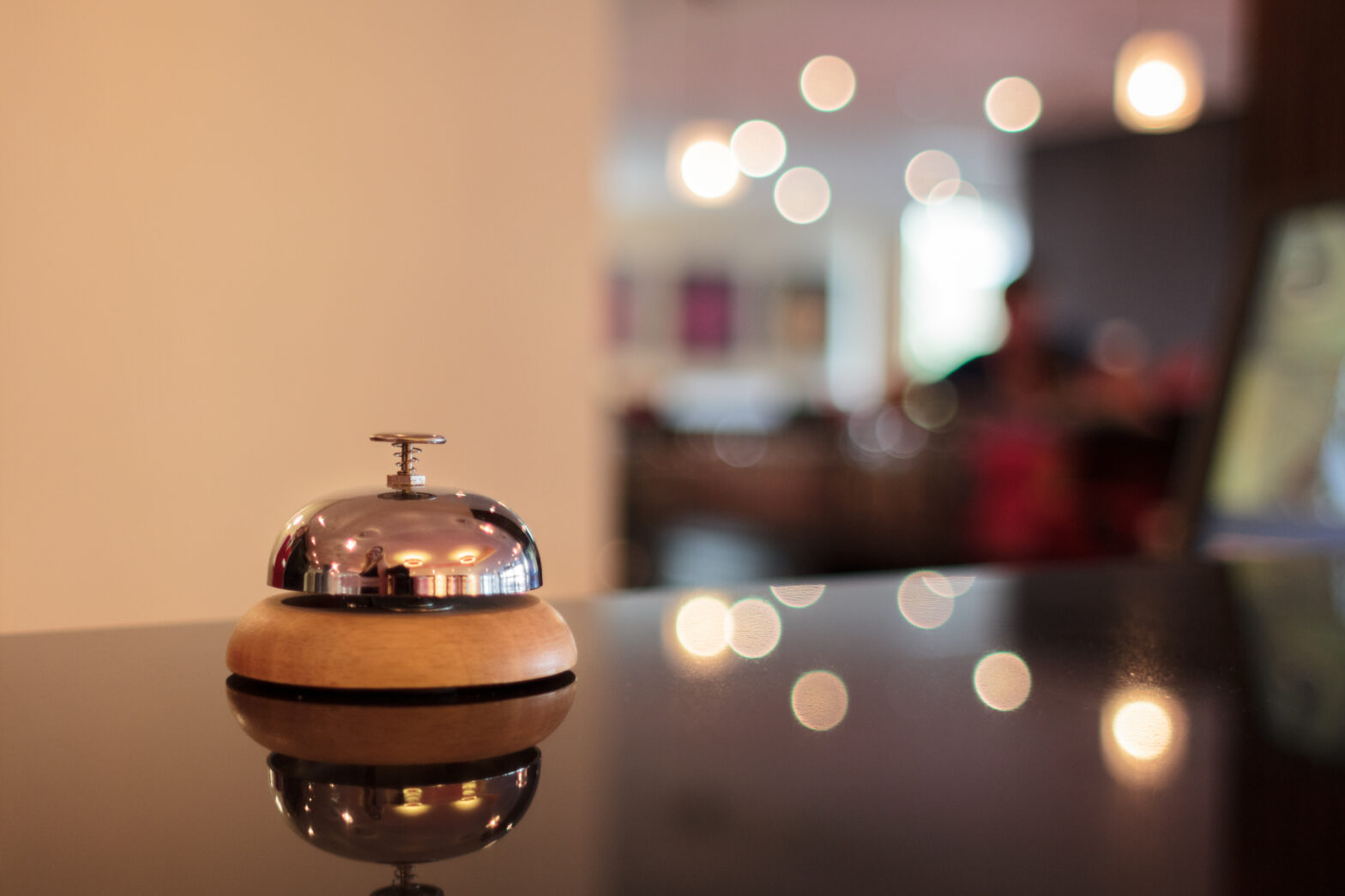Don’t recruit based on past relationships
My experiences have taught me that it’s a bad idea to employ people based just on past performance or long-standing relationships. Obviously, history is important, but I’ve employed guys who I worked with in the past in larger companies, who were very successful back then, but it’s not worked as well next time around. I suppose sometimes people just can’t adapt, especially if they’re coming from a larger company to a much smaller operation.
Be forceful in following your gut instinct
I firmly believe if you’re confident that you’ve got a good concept you should follow your gut feelings. Far too frequently you can be persuaded not to try something you believe in because it seems too risky.
For instance, I had a strong feeling with one of our hotels that we needed to create a two-tier system, where there would be two types of bedroom quality – one a luxury standard, the other cheaper. But we didn’t go for it, as it supposedly wasn’t financially right and our accountants and bank felt it wasn’t a good idea. It has actually turned out to be a winner, both in terms of being financially successful for us and because the customers like it too.
But going with your gut instinct isn’t always enough. When you have an idea for a scheme you want to put in place, you need to seize that momentum and push it through. For example, we were approached by lots of people who wanted to invest in property and they said to us, ‘You find a property and we’ll do a sale-and-leaseback with you.’
Our expertise was in hotel management, we didn’t want to own property, so with this arrangement we would run the hotel and make the operating profits, and their property would make them money and go up in value. But when we first went to get funding from the banks for this concept, even though I’d seen all the hotels in the Far East do it successfully, the market here said it wasn’t a good idea. Now everyone’s doing it, which just goes to show that sometimes you should fight to get your own way.
Don’t be afraid to use other people’s ideas
There’s no such thing as an original idea. I’ve always been a person who reads articles in newspapers and magazines, brochures and menus looking to see how other companies go about their business. And although department heads are employed to come up with ideas, often the best ideas come from your rank-and-file staff members, as I have learned first-hand. Early on in the business we introduced a staff suggestion scheme, an idea I got from watching a documentary about a Volvo factory, where their employees were encouraged to come up with ideas to improve efficiency.
One of the best suggestions, and it was so straightforward, came from one of our room maids who came up with the idea of buying shampoo in bulk and transferring it to the small bottles as opposed to buying them that size. This has turned out to be an annual saving of tens of thousands of pounds.
Less is more
When you get the right mix of work and social life it not only makes you happier, it helps you make better decisions at work. I used to run marathons and discovered that if I had any work problems on my mind, I always found the solution when I was out running. It’s because you unwind and that gives you the chance to think.
Sometimes in the hotel business people work 70 to 80 hours a week and still don’t necessarily make a success of it. You see, working that many hours doesn’t automatically make you a good manager. In the last 18 months I’ve been hard at work, but still make myself take days off to spend time with family and walk the dog. By spending some time away from the office, taking a break to recharge my batteries, I’m then much more effective when I’m back at work.






